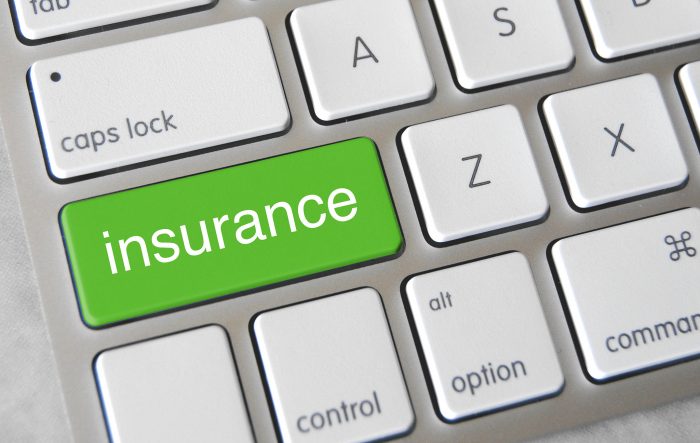Small business owners should think big when it comes to insuring themselves and their company because size doesn’t really matter when it comes to protecting yourself and your business assets.
Sure, you may just be walking dogs or offering personal training sessions to your neighbors, but your insurance needs aren’t all that different from small companies with numerous employees.
“A lot of people just think their home insurance is going to cut it, but that’s often not the case,” says Linda Sherry, director of national priorities for Consumer Action.
If you run a business out of your home, experts recommend you get advice from an independent insurance broker or agent who sells commercial insurance policies from a variety of insurers.

What Is Considered a Small Business?
You may have never considered that your job is actually that of a “small business” owner. The distinction is important mentally and also financially, especially if you want to register for government contractor jobs as a small business. According to the U.S. Small Business Administration, to be a small business, you must adhere to industry size standards established by the administration.
If you end up registering as a government contractor in the System for Award Management (SAM), you will also be self-certifying your business as small.
The SBA, for most industries, defines a “small business” either in terms of the average number of employees over the past 12 months, or average annual receipts over the past three years. In addition, SBA defines small business as an entity that:
- Is organized for profit
- Has a place of business in the US
- Operates primarily within the U.S. or makes a significant contribution to the U.S. economy through payment of taxes or use of American products, materials or labor
- Is independently owned and operated
- Is not dominant in its field on a national basis
The business may be a sole proprietorship, partnership, corporation, or any other legal form. In figuring out what makes up a small business, the definition will vary to reflect industry differences, such as size standards.
Tips for Purchasing Small Business Insurance?
So, now that you know you operate a small business and how important insurance can be, it’s time to start shopping and take control of your finances and trajectory.
“There are many distractions for small business owners, and it is important for them to stay focused on the things they can control,” says Joan Woodward, President of the Travelers Institute and Executive Vice President of Public Policy at Travelers. “Having the appropriate plans in place to manage traditional and emerging business risks is vital to successfully navigating the current environment.”
Here are 5 tips for purchasing small business insurance so you can take control and stay focused on growing your business:
Tell your home insurer. Talk to your home insurance company as soon as you start your business, Thompson says. Otherwise, if you have a claim that resulted from your business activity — say your business equipment caught on fire and burned down your home — your insurer could refuse to cover it, he says. Or, the insurer might pay the claim and then drop you, he says.
Be ready to get new home insurance if necessary. If you have a risky business, such as day care or acupuncture service, your home insurer might decide they don’t want to continue to cover you, even if you have a separate business policy.
Remember auto insurance. Tell your auto insurer if you use your vehicle for business purposes, Sherry recommends. Your personal auto policy might still cover you, but it depends on the insurer and the state, according to the Consumer Action report. Be forthcoming with all of your insurers and get any extra coverage you need, Thompson recommends: “You’ll be covered — and you’ll be able sleep at night.”
Get the right amount of coverage. No two businesses are exactly alike, even if they are in the same industry. A pet-care business focusing on dogs will face a different set of risks than a bird business. Experts recommend starting with the basics. General liability insurance covers your business for any third-party damages incurred such as property damage, injuries, or incidents that occur on your premises, legal fees, and reputational damage due to libel, slander, or copyright infringement.
But be careful not to waste money insuring your business against a risk you don’t face. For example, if you don’t hire employees, there’s no reason to pay for employment practices liability coverage.
Review your coverage annually. As your business expands, your insurance needs will most likely change. Adopting a proactive approach can be a life saver for your business. Industry experts recommend making it a priority each year to re-assess what you currently have and adjust accordingly. It doesn’t hurt to shop around for new coverage or even a new carrier while you’re at it since the industry changes rapidly.
Find a Home-Based Business to Start-Up >>> Hundreds of Business Listings.
















































